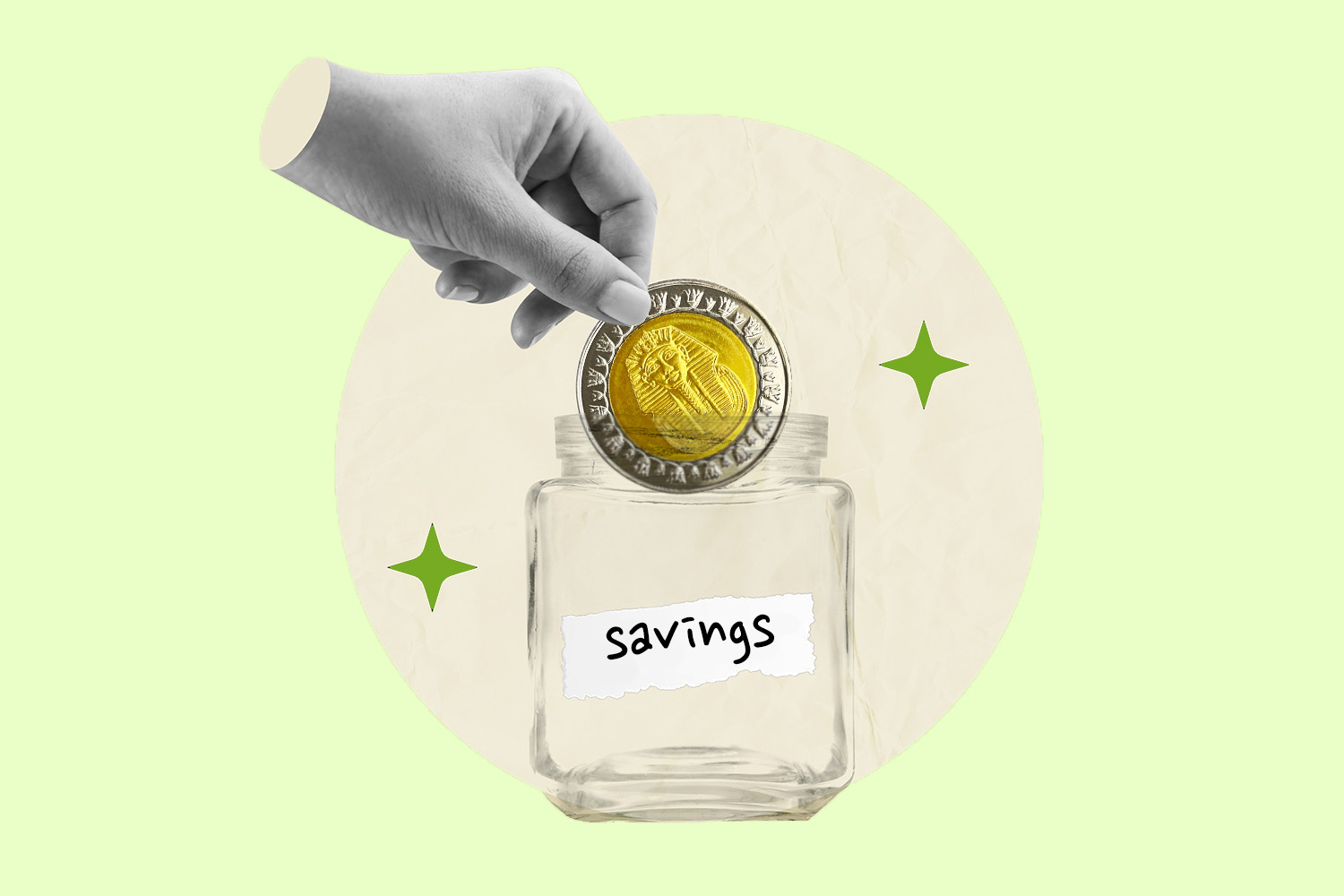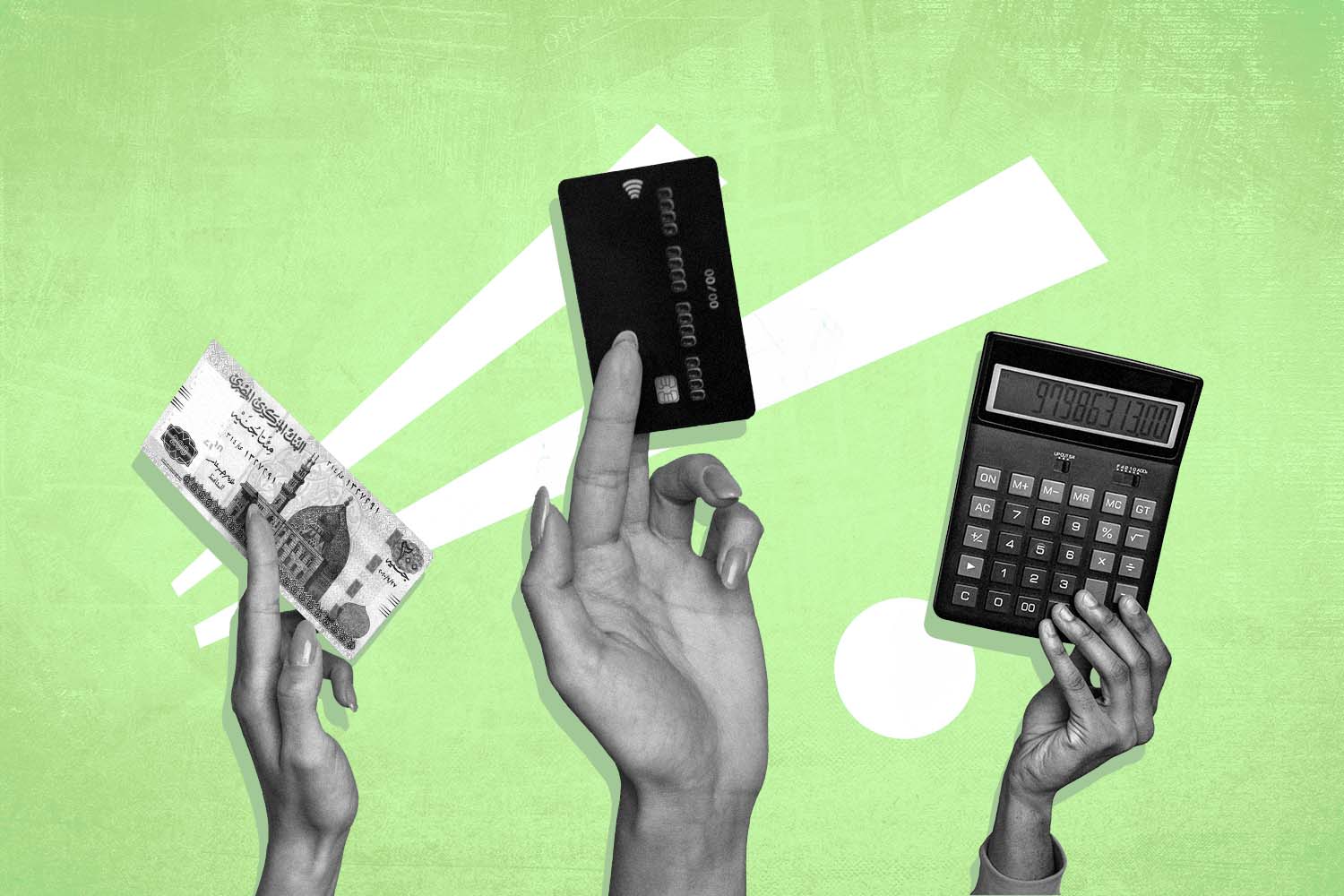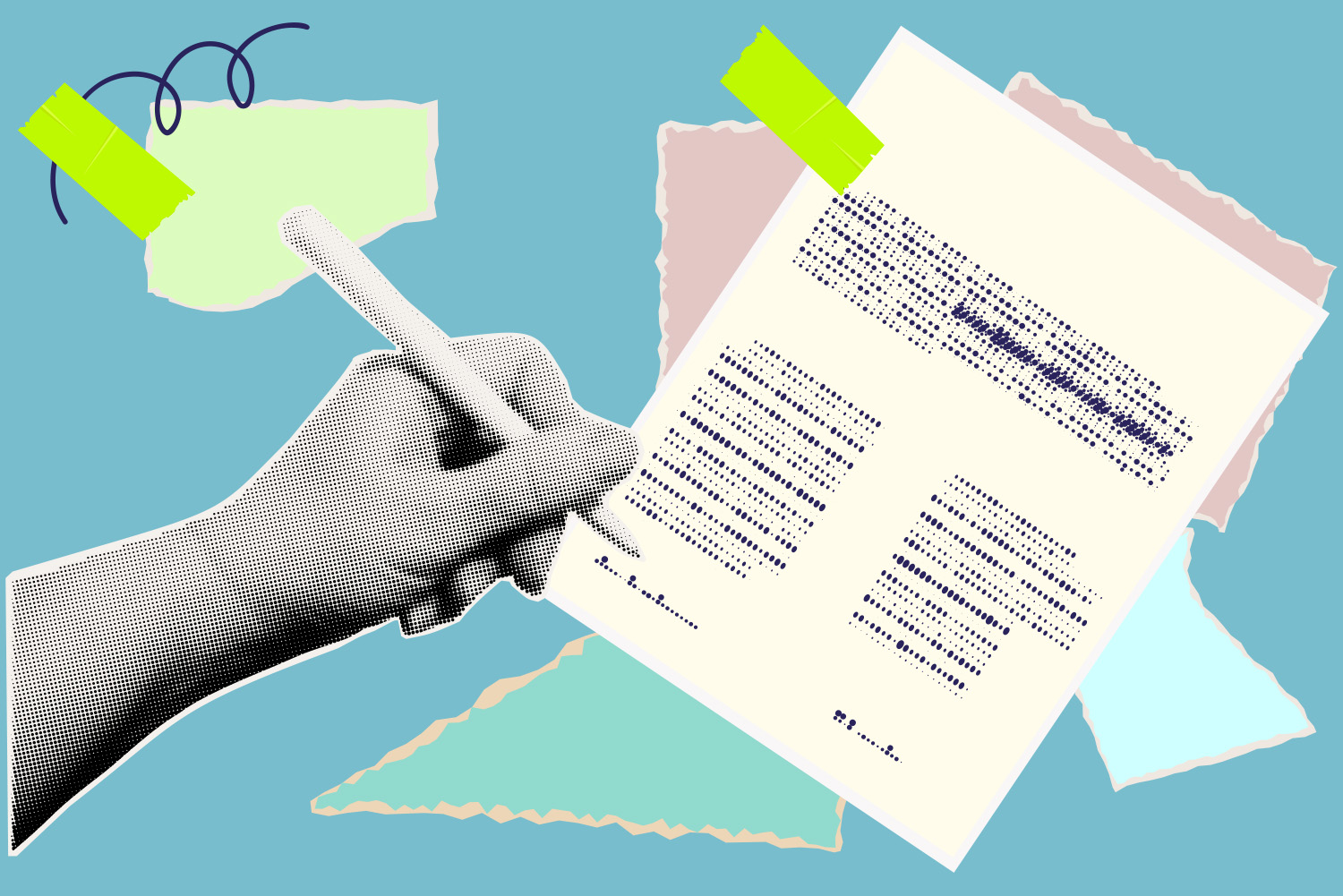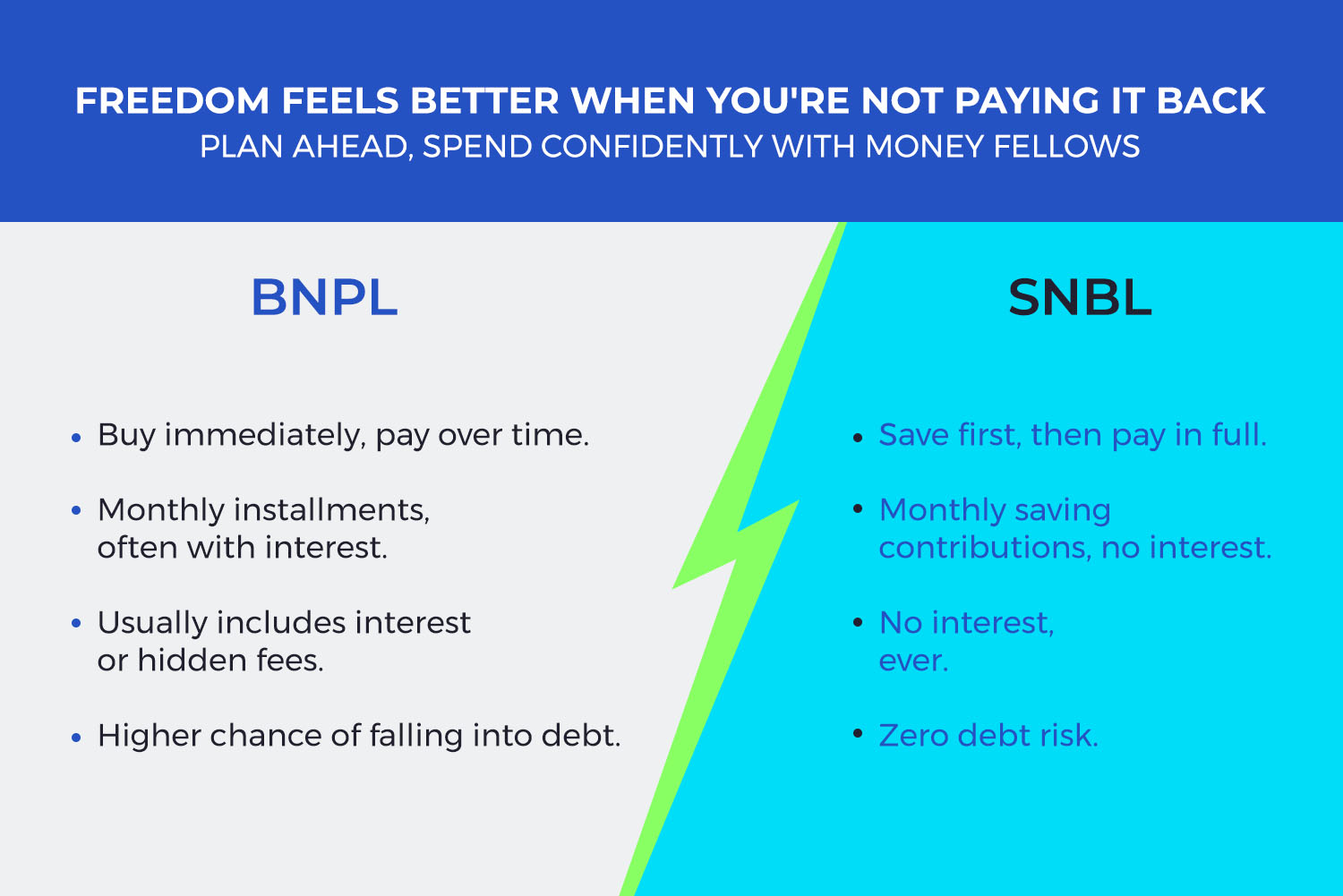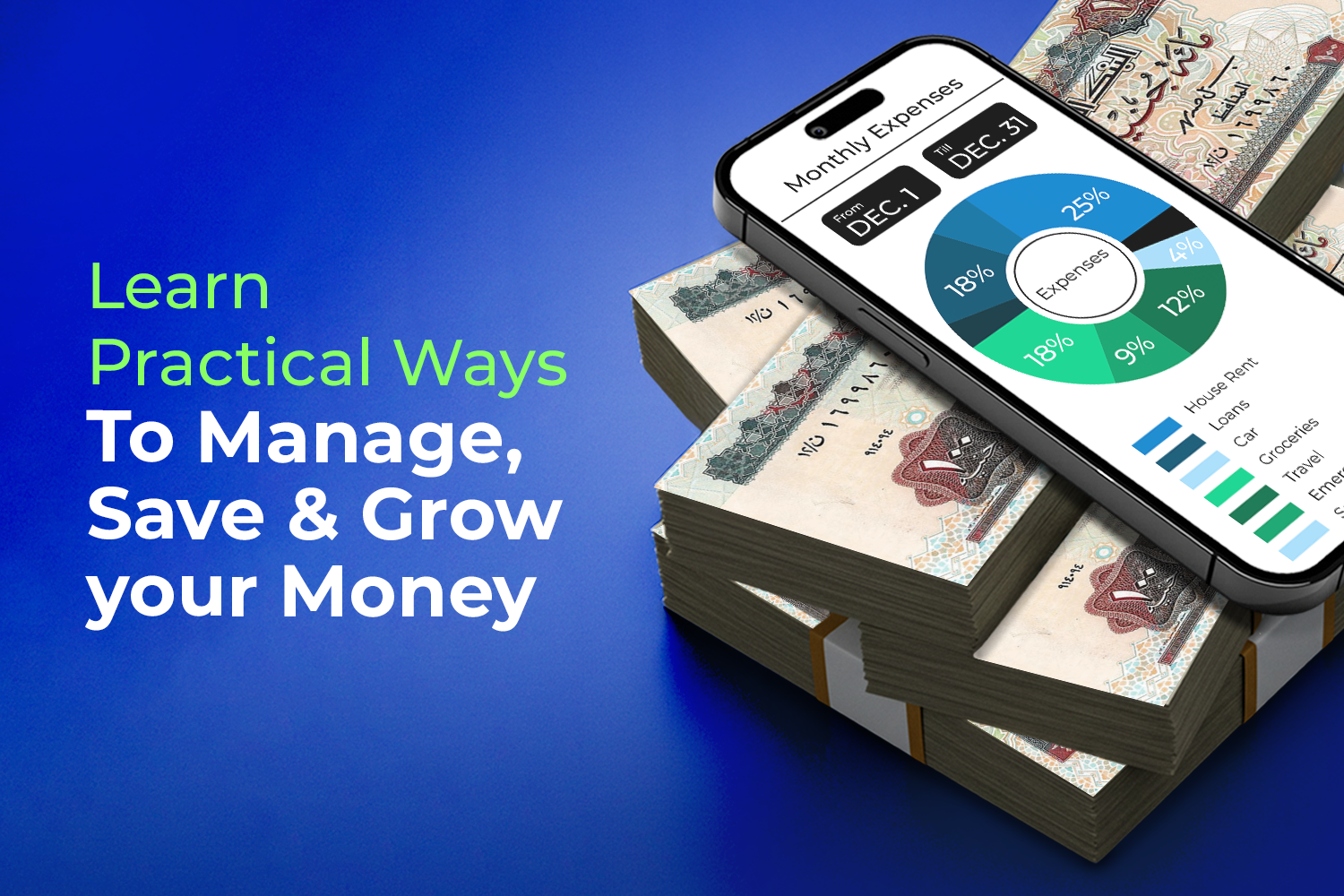Savings are an essential foundation for any financial plan, offering numerous benefits that help with short-term stability and long-term security. The advantage of saving isn’t just that it helps you have money for emergencies; it also opens doors for investment, reducing debt, and achieving financial independence.
Having a savings buffer provides peace of mind and prepares you for unexpected expenses. It also helps you reach major goals such as buying a home, funding education, or planning for retirement.
In today's article, we'll explore everything about savings, practical ways to save money, and various tips to help increase your savings.
What Are Savings?
Savings are the money left over after a person covers their essential expenses within a specific period. In other words, savings represent the net surplus that remains with an individual or family after fulfilling all obligations and spending. Savings are typically kept in forms like cash or its equivalent, such as bank deposits or certificates, which carry no risk of losing money, but also offer very low returns.
However, savings can grow more if invested, but that involves taking some or all of the money at risk to achieve a higher return.
Savings are often designated for emergencies. For example, if Mohamed's monthly salary is 10,000 EGP and his monthly expenses include 450 EGP for electricity, 200 EGP for water, 600 EGP for credit card payments, 2000 EGP for groceries, 500 EGP for mobile bills, and 2000 EGP for fuel, his total expenses would be 5750 EGP.
In this case, Mohamed would have a surplus of 4250 EGP that he can save. By maintaining this saving habit, if an unexpected crisis arises, he will have money to rely on until the problem is resolved.
Types of Savings
In the world of savings, the most basic and common method is saving money as cash, such as in bank deposits. This is the ideal option for many as it’s a safe, risk-free way to store money. However, there are other types of savings or savings accounts that can offer higher returns over the long term. Let's explore these:
- Savings Accounts
Savings accounts offer interest on money that you don’t need for daily or monthly use but want to keep for emergencies or to achieve specific goals. These are available at banks, and you can save money for either short or long periods.
The interest rates on savings accounts vary by bank and the base interest rate set by the Central Bank of Egypt. Some banks offer rates up to 27% or 30%, but they may require a minimum deposit to open an account.
Typically, you can open a savings account with a specific amount and withdraw your funds at any time without restrictions. However, some banks may limit the number of withdrawals per month, and you might incur a penalty for exceeding that limit.
- Certificates of Deposit (CDs)
Certificates of Deposit (CDs) are a type of savings account that offers a fixed interest rate on a specific amount of money for a set period, in exchange for locking in your funds during that time. The interest rates for CDs are generally higher than those for regular savings accounts.
At the end of the CD term (the maturity date), you can withdraw your money and its interest without penalties. However, if you decide to withdraw before the maturity date, you may have to pay a penalty equivalent to a specific number of months' worth of interest. Some banks may waive this penalty under certain conditions.
CDs are an excellent option for long-term saving, but they’re not always the quickest way to grow your money if you're looking for faster returns.
- Emergency Fund
An emergency fund is one of the most important types of savings that everyone should consider, as it serves as a financial safety net that’s easily accessible in case of unexpected circumstances, like job loss, medical expenses, or urgent repairs for your home or car.
To start your emergency fund, set a specific amount that you aim to save, ideally covering 3 to 6 months of your essential expenses. Then, allocate a portion of your income each month to save in a separate savings account or a safe place at home, ensuring easy access when necessary.
The key is to be disciplined about saving and only use this fund in emergencies. This way, you’ll always be prepared for the unexpected without having to borrow or face financial strain.
Differences Between Bank Certificates and Monthly Savings
- Bank Certificates
Bank certificates are fixed amounts of money that you deposit into a bank for a specified period, typically one year or more, with the bank offering a fixed interest rate. The main idea is to lock in your money for a set period, and if you decide to withdraw it before the maturity date, you’ll incur a penalty.
Interest rates on certificates are typically higher than those for savings accounts or monthly savings, but their main advantage is safety and stability, as the interest rate is fixed. This is ideal for those seeking secure, long-term investments and who don’t need immediate access to their funds.
- Monthly Savings
Monthly savings involve setting aside a fixed amount of money each month, either in a savings account or a secure location. The advantage of this method is flexibility, as you can withdraw your money at any time if you need it, unlike certificates that require you to wait until the maturity date. However, the interest rates on monthly savings are usually lower than those for certificates.
This method is ideal for people who want to manage their finances on a regular basis and may have immediate or uncertain financial needs. Monthly savings also help build healthy financial habits, as they encourage consistent saving without a fixed time commitment.





